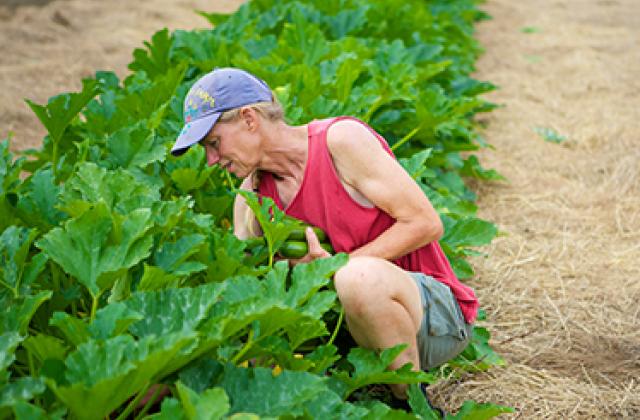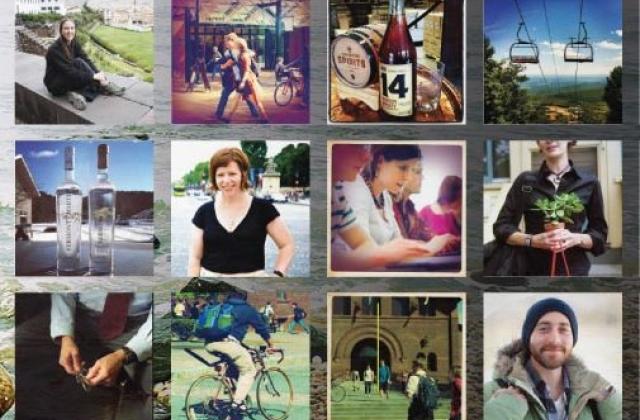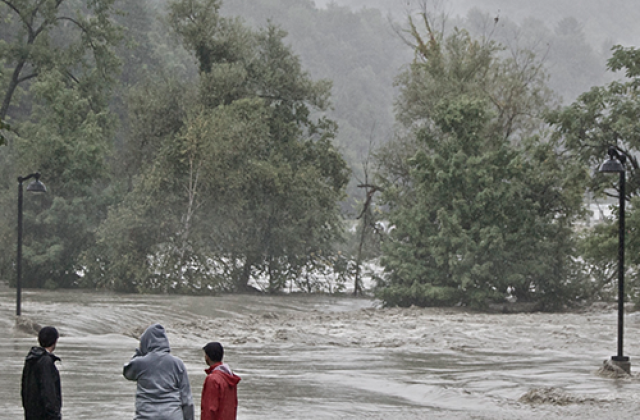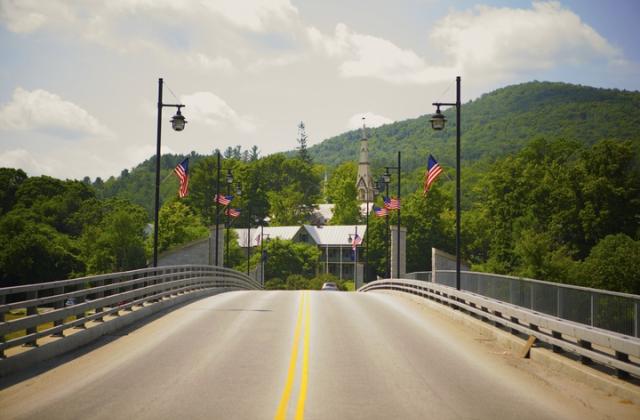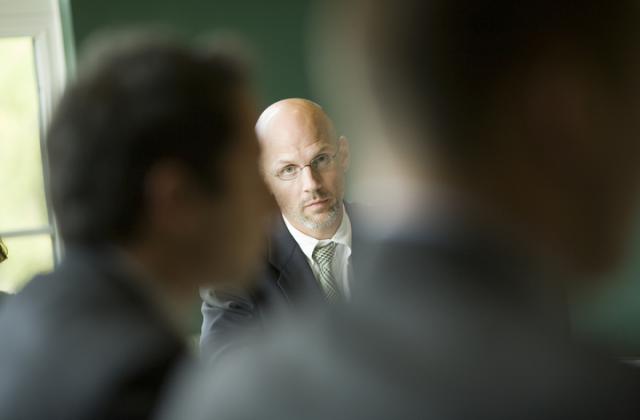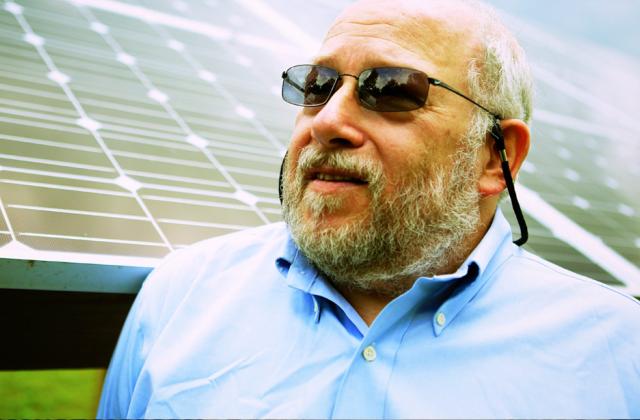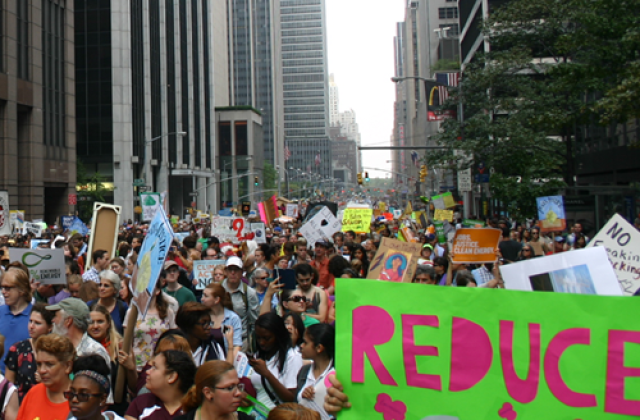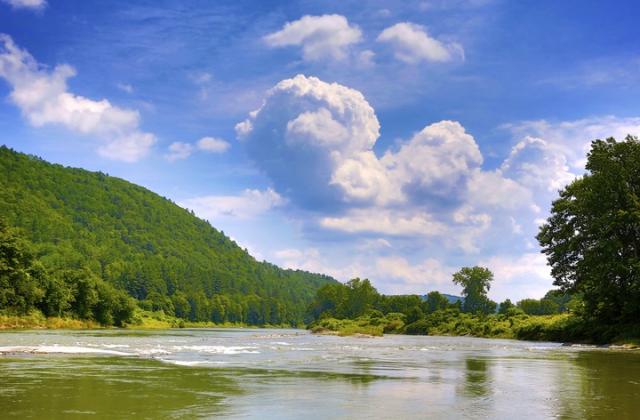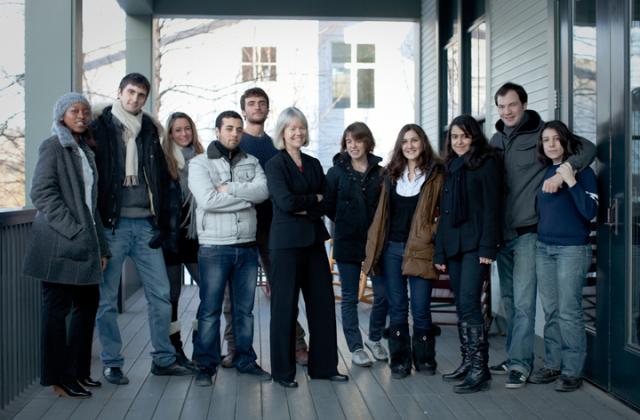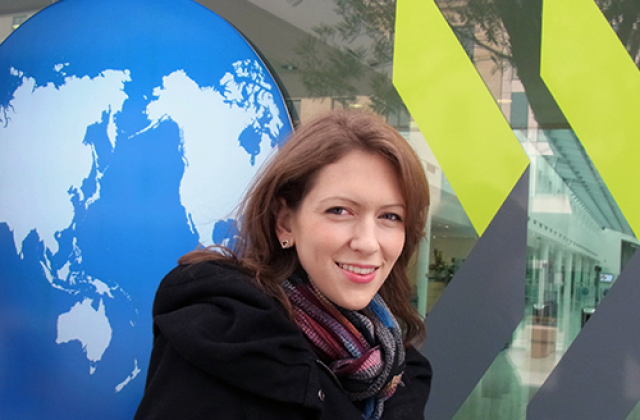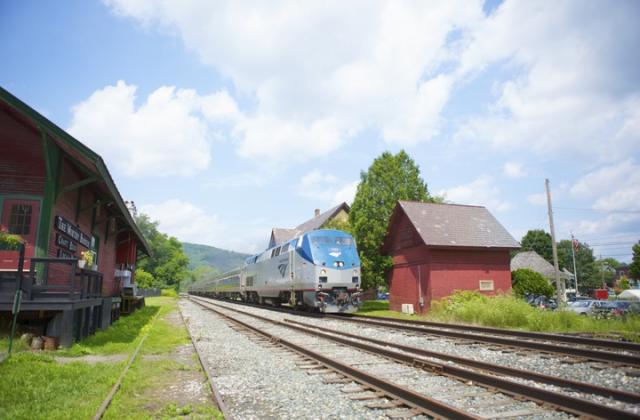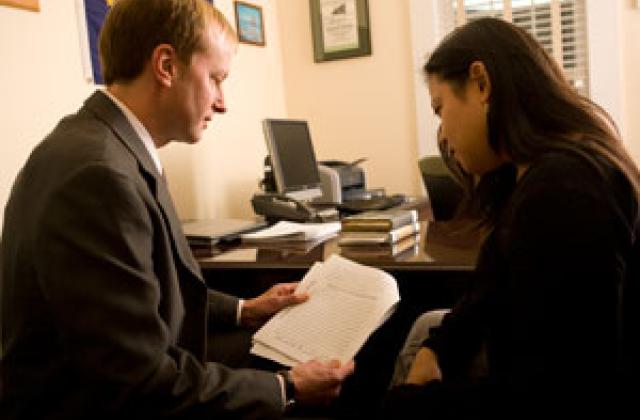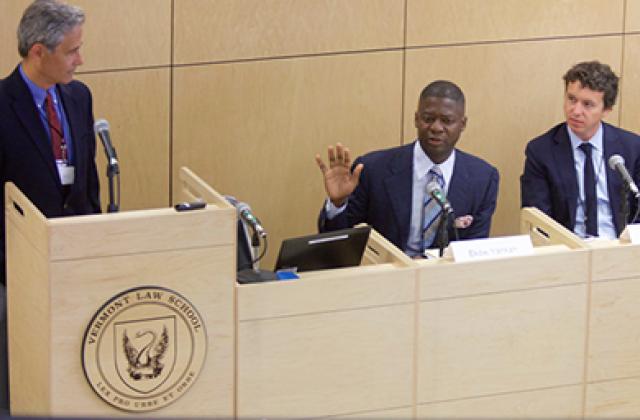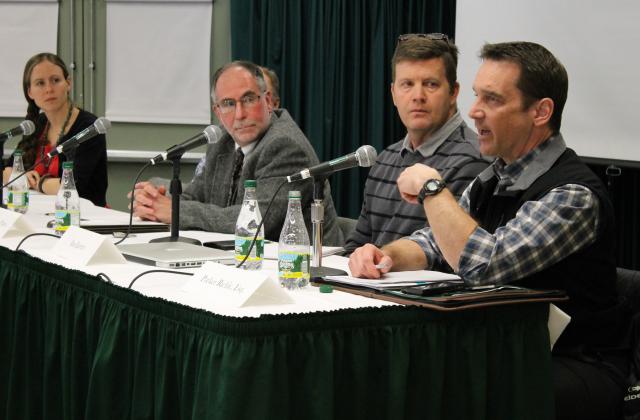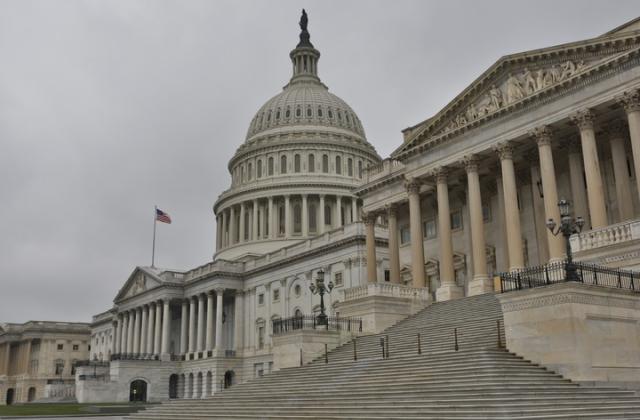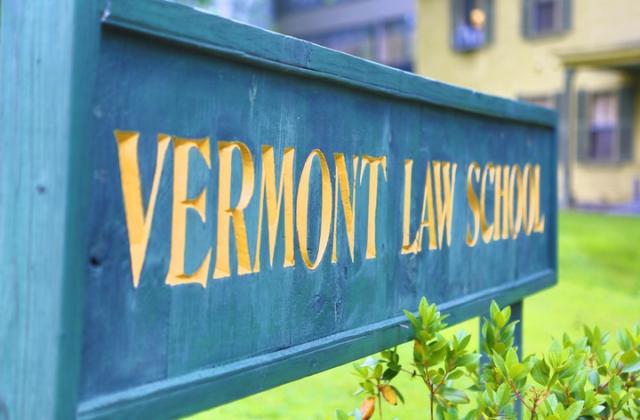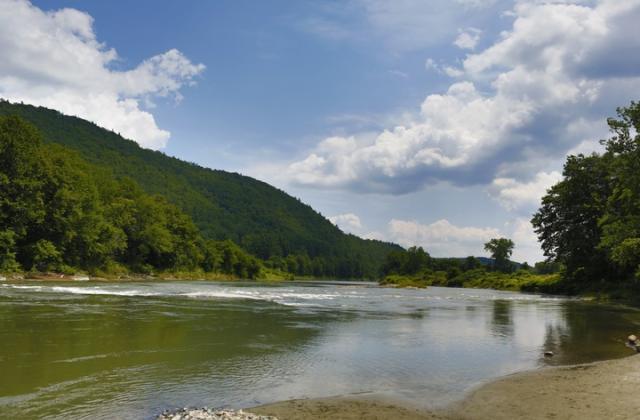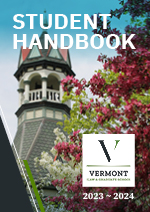Consider electrification, and you’ll quickly understand both the complexity and importance of energy and the environment.
Access to reliable electricity correlates with good public health and economic success, yet nearly 25 percent of the world’s population lives without electricity. Another third has limited access. The 600 million of us who have abundant electricity keep finding ways to use more. It’s no wonder that demand for electricity is increasing at a staggering rate.
Energy generation and consumption, however, is also the world’s largest source of pollution and cause of environmental degradation. Energy policy has become the single most important influence on environmental protection. The need to transition expeditiously to a low carbon future is perhaps our greatest environmental and economic challenge and increased electrification is at the center of this transition. This challenge has sparked a clean energy revolution that is creating unprecedented growth and career opportunities in solar and offshore wind development, the electrification of cars and mass transit, and clean and resilient opportunities in distributed technologies such as storage, demand response, efficiency and renewables.
Vermont Law and Graduate School's Institute for Energy and the Environment offers the largest collection of clean energy law and policy courses and clinics available and seamless integration with a world class environmental law and policy program, including unparalleled climate law course offerings. Our leading clean energy curriculum includes:
- Energy Law and Policy in Carbon-Constrained World
- Energy Regulation, Markets and the Environment
- Global Sustainability Field Study - Cuba
- End Use Energy Efficiency
- Global Energy Law and Policy (with an annual alternating focus on climate and energy law in the EU and Latin America)
- Oil and Gas Production and the Environment
- Three Essentials of the Electric Grid:
- Alternative Fuels and Renewable Energy
- Renewable Energy Project Finance and Development
- the Energy Clinic
- the Advanced Energy Clinic
Further expertise is gained through engagement with the Institute for Energy and the Environment (IEE) on real world energy law and policy issues and through our collaborative work with the US Asia Partnership for Environmental Law we offer classroom, research and travel opportunities to China and Asia.
The Institute for Energy and the Environment is a national and world energy policy resource with an advanced energy law and policy curriculum focused on the energy policy of the future and the transition to a low carbon future. The institute serves as a center for graduate research on the clean energy transition and recently established a year-round student-staffed energy clinic, which works on legal and business models for clean and resilient community energy development. Students learn how to work with and improve America’s legal and policy system in order to help humanity meet the challenge of energy issues. The IEE is working on client-focused projects exploring energy security and justice, barriers to the integration of renewable energy resources, how smart grid technologies can enhance both efficiency and expand the electrification of transportation, and data privacy issues related to customer solar and energy efficiency information.
Professor Kevin Jones, who leads the IEE, is the former director of energy policy for New York City and coauthor of the books, "A Smarter, Greener Grid" and "The Electric Battery: Charging Forward to a Low Carbon Future." Associate director Mark James teaches Energy Policy in a Carbon Constrained World, as well as Oil and Gas Development. He recently completed a report on offshore wind, which was funded by the Nature Conservancy. Assistant professor and staff attorney Genevieve Byrne leads the Farm and Energy Initiative. Assistant professor and staff attorney Jenny Carter JD'86/MSL'87 works with the Energy Clinic on local just transition projects. The IEE is also staffed by a program coordinator, two LLM energy fellows, and approximately twenty JD, LLM, and master's students who serve as research associates. We welcome you to join us in working on the clean energy revolution.
INSTITUTE AND ENERGY CLINIC PROJECTS
Past and current projects examples:
- Develop legal and business models promoting community solar with a focus on bringing solar ownership to low income and underserved communities.
- Net zero housing policy and development.
- Projects on energy and farm sustainability with the year-old Farm and Energy Initiative (a joint project with the VLS Center for Agriculture and Food Systems) with current projects on healthy soils, biodigester and biogas development, and sustainably balancing solar siting and agricultural land protection.
- Research funded by the U.S. Department of Energy on data privacy policies governing use of customer solar and energy efficiency data.
- Global and US Clean Transportation Policy.
- State cybersecurity policy with the national NGO, Protect our Power.
- Power to gas and the low carbon transition.
- Student co-authored books and publications on climate refugees, the smart electric grid, the electric battery as a key to the low carbon future, the energy burden for Vermonters, federal tax incentives for small scale hydro, the legal and policy issues surrounding false green claims, and the analysis of divergent net metering reforms in Nevada and California.
